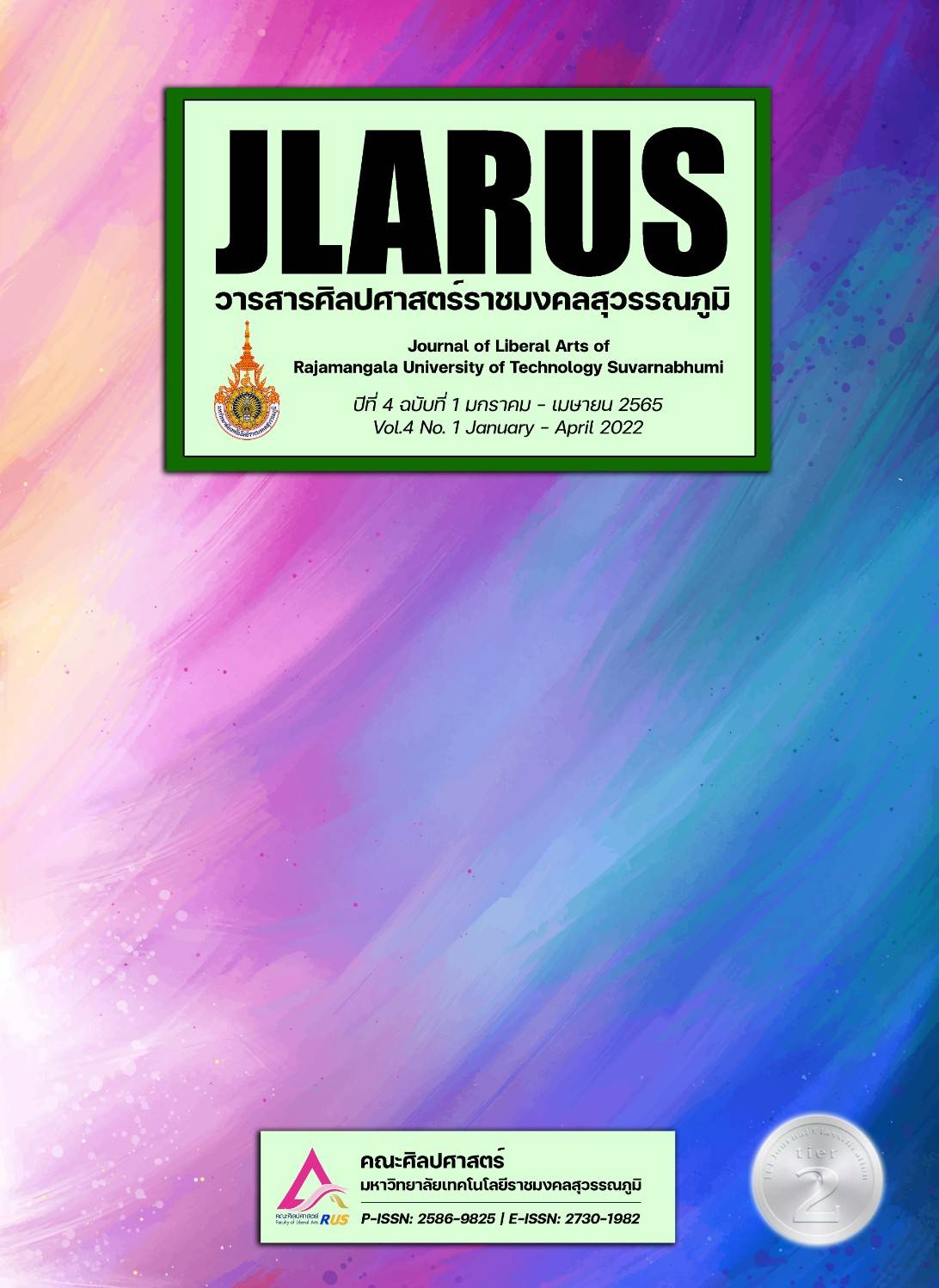COMPETENCY–BASED EDUCATION: CBE
Main Article Content
Abstract
The aim of this article is to study Competency-Based Education (CBE) as Learner Centered instruction which supports learning based on learner’ interests and aptitude, and develops leaners’ advance abilities to reach the goal of core competency for learning, working, solving problem and living. The important competency for learners is a trait included with Knowledge (K), Process(P), and Attitude (A), and all of components could be proceeded through the instruction, lesson plan and competency assessments. However, learners will lack the abilities as their competency if they do not afford three useful practical elements. Therefore, the certain competency commonly means the behavior reveals abilities to use Knowledge (K), Process(P), and Attitude (A) for the real situation successfully.
However, the knowledge, skills, and attitudes learned by learners may not help them succeed at work if the learners lack the ability to apply their knowledge, skills and attitudes in their work, in other words, they lack performance ability Therefore, the knowledge, skills, and attitudes that a person learns are not competent until the person demonstrates the ability to apply such knowledge, skills, and attitudes to work or to solve problems in different situations until success at a certain level.
Article Details

This work is licensed under a Creative Commons Attribution-NonCommercial-NoDerivatives 4.0 International License.
References
ขจรศักดิ์ ศิริมัย. (2554). เรื่องน่ารู้เกี่ยวกับสมรรถนะ. สืบค้น 13 สิงหาคม 2563. จากhttp://competency.rmutp.ac.th/.doc.
คณะกรรมการอิสระเพื่อการปฏิรูปการศึกษา. (2562). คู่มือการนำกรอบสมรรถนะหลักของผู้เรียนระดับชั้นประถมศึกษาไปใช้ในการพัฒนาผู้เรียน. กรุงเทพฯมหานคร: สำนักงานเลขาธิการสภาการศึกษา.
ทิศนา แขมมณี. (2562). หลักสูตรฐานสมรรถนะกับบทบาทของศึกษานิเทศก์แนวใหม่. สืบค้น 1 กันยายน 2564. จากhttps://sites.google.com/a/hi-supervisory5.net/npt2/.
เทื้อน ทองแก้ว. (2550). สมรรถนะ (Competency): หลักการและแนวปฏิบัติ. กรุงเทพมหานคร: มหาวิทยาลัยราชภัฏสวนดุสิต.
สุวิมล ว่องวาณิช. (2546). “การประเมินการปฏิบัติงาน” ในการประเมินผลการเรียนรู้แนวใหม่. กรุงเทพมหานคร: สำนักพิมพ์จุฬาลงกรณ์มหาวิทยาลัย.
สำนักงานคณะกรรมการการอาชีวศึกษา. (2562). หลักเกณฑ์และแนวปฏิบัติการจัดการอาชีวศึกษา. กรุงเทพมหานคร: วิทยาลัยเทคนิคมีนบุรี.
สำนักงานเลขาธิการสภาการศึกษา.(2560). การวิจัยและพัฒนารูปแบบการพัฒนาหลักสูตรและการจัดการเรียนการสอนฐานสมรรถนะตามกรอบคุณวุฒิแห่งชาติ. กรุงเทพมหานคร: พริกหวานกราฟฟิค.
สำนักงานเลขาธิการสภาการศึกษา.(2562). แนวทางการพัฒนาสมรรถนะผู้เรียน ระดับการศึกษาขั้นพื้นฐาน. นนทบุรี:21 เซ็นจูรี่.
สุจิตรา ปทุมลังการ์. (2562). ความรู้เกี่ยวกับหลักสูตรฐานสมรรถนะ. สืบค้น20 กรกฎาคม 2563. จาก http://www.atsn.ac.th/images/Upload/file/CBCApplications.pdf.
อาภรณ์ ใจเที่ยง .(2551). หลักการสอน (ฉบับปรุงปรุง). (พิมพ์ครั้งที่ 3). กรุงเทพหานนคร: โอเดียน สโตร์.


